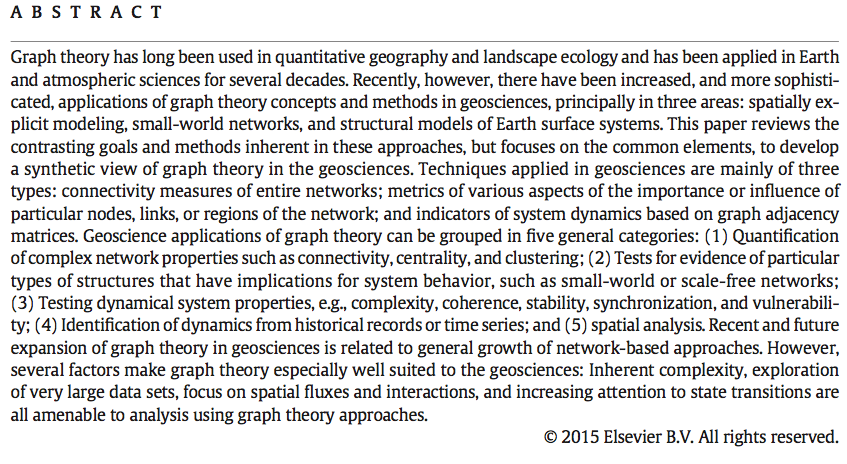Exploring Geographic Dimensions of Learning at Scale
New forms of distance education like Massive Open Online Courses (MOOCs) provide the opportunity to reach global audiences of learners at an enormous scale. These new methods of engagement not only provide ways to expand our audience of learners, but also to collect enormous amounts of spatio-temporal data regarding their interactions with a course. This talk highlights the development of Maps and the Geospatial Revolution, a MOOC offered on Coursera which has enrolled more than 85,000 students to date. In addition to characterizing its design and execution, I focus particular attention on the emerging research opportunities associated with exploring the geographic dimensions of learning at scale.
Dr. Anthony Robinson is the Director of Online Geospatial Education Programs at Penn State and teaches the largest Mapping MOOC -- Maps and the Geospatial Revolution – in the world. He will be on campus next week as part of the New Mappings Collaboratory (http://newmaps.as.uky.edu/) Spring 2015 Speaker Series and will be giving a talk on Monday, February 9th at 2 pm.


